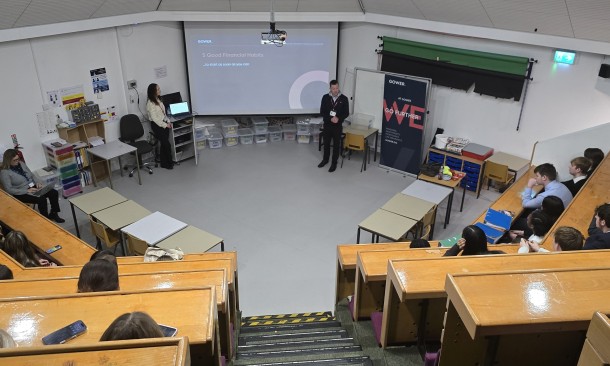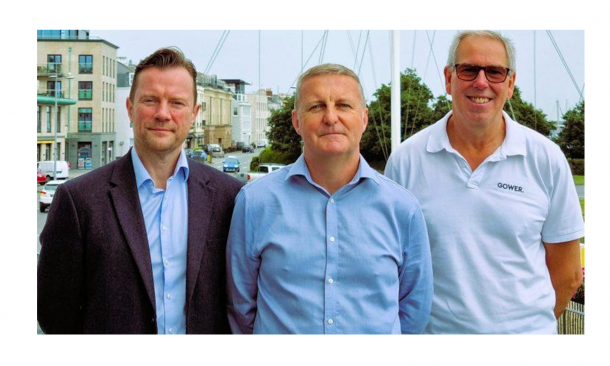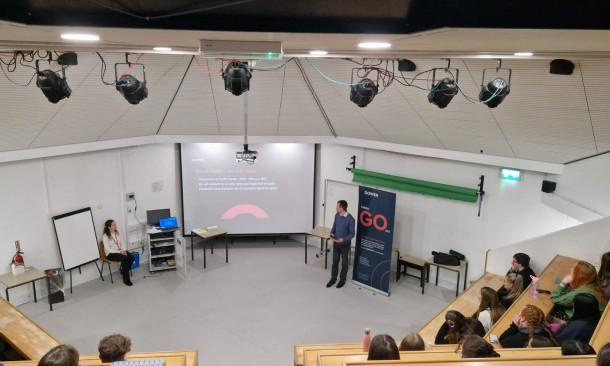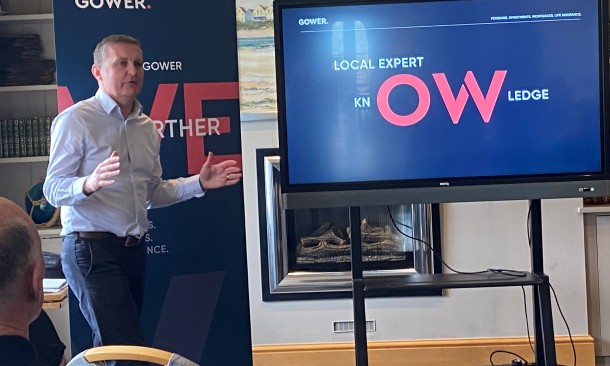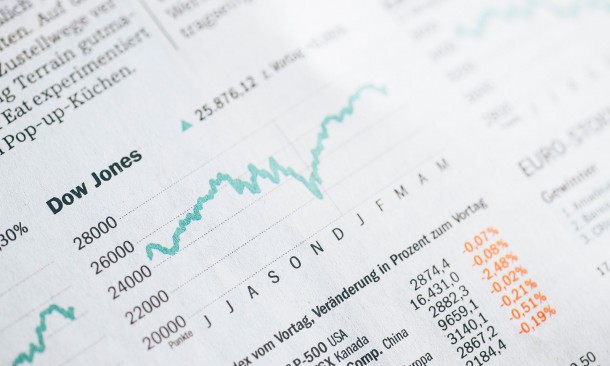Gowers Pension Schemes - Member Briefing June 2023
‘If all you have is a hammer, everything looks like a nail’.
(A H Maslow)
The long-awaited signal that core inflation has started to shift downwards has recently arrived. But has it? Core inflation excludes volatile swings in food and energy prices to give a more balanced view of its endemic imprint, colloquially referred to as its ‘stickiness’.
The downward inflationary shift we have recently witnessed is a known quantity for the Bank of England (BoE). They have already factored-in this trend given the impact of significant falls in energy prices that began a year ago, known as the base effect.
Nonetheless, any ‘good news’ on the easing of inflation is welcome as we all grapple with a higher cost of living. But it has become clear, when compared other G7 Industrialized Nations, that the UK has some deeper structural problems, not least its sensitivity to higher energy prices and a very tight labour market.
These issues matter, because the inflationary pressures they generate, and the weapon used to combat them (i.e. interest rates) will result in both remaining higher for longer. Moreover, it is difficult not to see a UK recession as one of the outcomes of further interest rate hikes.
For those enduring significantly higher interest rates and the impact this has on borrowers, the results are becoming clearer as mortgage lenders adjust their offers and deals accordingly. The key thing from here is to discuss these issues and your circumstances with a mortgage broker or better still your Financial Adviser, as has frequently been the case with existing members. Gaining as much clarity on the broader position prior to making an informed decision, focused on your circumstances is crucial.
In my prior Member briefing at the turn of the year I suggested that medium to long term pension investors should try to look through the drama and volatility being experienced across financial markets. This effort to ignore the noise will have been sorely tested as markets and indeed geopolitics remain highly charged.
Bank failures have been a growing feature in the US, for the most part, because of the steep rise in interest rates. Central banks cannot raise rates this swiftly and by this degree without big consequences and many businesses are increasingly vulnerable to the economic circumstances we move through.
There is a gathering realisation of the impact that next generation AI (artificial intelligence) will have on many economic sectors, the broader markets, and our lives generally. This will no doubt continue apace as the investors attempt to determine winners and losers from coming developments.
The same can be echoed across much of the ESG (Environment, Social, Governance investing) space as environmental concerns and the changes being brought about continue apace. As does the continuation of a proxy war in Europe which has no near-term end in sight.
Financial Markets never move in straight lines and the biggest threats are often ones we don’t expect. However, the volatility and many of the challenges spoken of can prove a welcome development. Members’ regular pension contributions capture differing pricing levels as markets experience the highs and lows throughout the economic cycle. This offers protection as well as opportunity to those investing and contributing through challenging periods, across diversified investment arrangements.
All the challenges faced by medium to long term pension savers are improved of course by our ability to invest within a highly tax efficient structure, where a broad choice of high quality, well-diversified investment portfolios are at the heart of planning.
The varying Member Scheme risk-rated portfolios have proved resilient through some highly challenging times and have outperformed the relevant sector averages, in some cases significantly so. These challenges were illustrated in part last year by simultaneous falls across differing asset classes that typically do not correlate. Historically, equities and bonds rarely fall in tandem, illustrating to a degree the unique times we are experiencing. As ever, I or one of my colleagues are always available to Members for review and discussion whenever the need arises.
Returning to the topic of inflation, I am reminded of an exchange with a pension scheme member earlier this month who has two styles of pensions. The first was a Defined Contribution pension which is the type of risk-based asset investment that all Scheme Members participate in here. But they also had a Defined Benefit, or final-salary guaranteed pension, which was already paying a modest income.
The member shared with me a recent notification of his annual pension increase of just 3.5%. The letter also confirmed that inflation had risen by 10%, leaving a shortfall of 6.5%. The notification explained that under scheme rules the maximum increase was 3.5%.
Although guaranteed sources of income are highly prized, the member acknowledged that participation in his current Defined Contribution, Member Scheme provided a useful ‘hedge’ against the levels of inflation we now see. Assets linked to stock market performance frequently offer sound medium-term protection against inflation. Whilst of little immediate comfort, our exchange served as a useful reminder of this.
In closing we wish all scheme members an enjoyable summer ahead along with good fortune for Team Guernsey & Team Alderney in the forthcoming Island Games.







